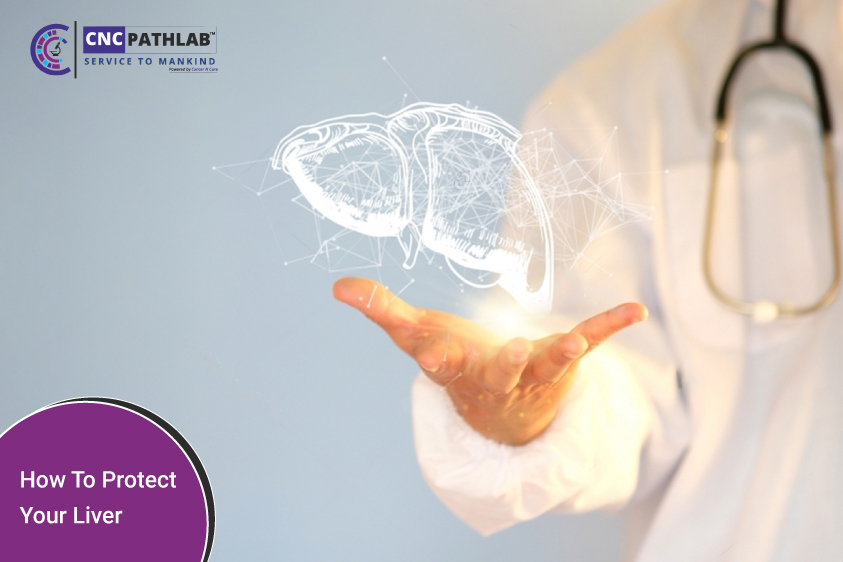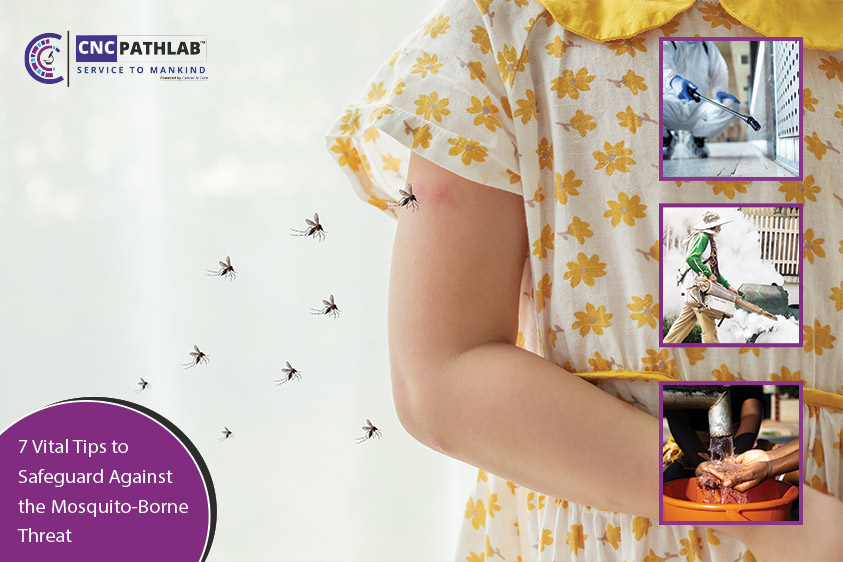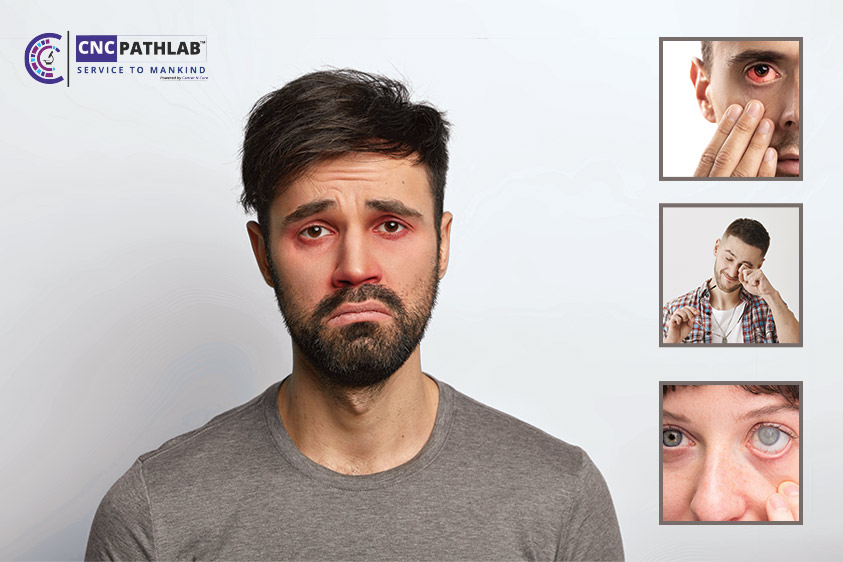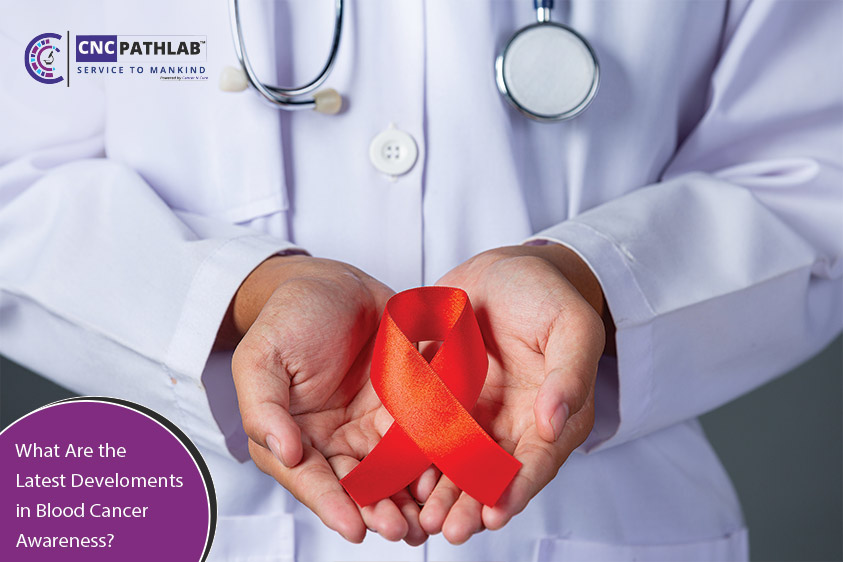10 Effective Ways to Protect Your Liver from Damage
The liver is a vital organ responsible for filtering toxins and waste from the body, producing bile for digestion, storing essential nutrients, and regulating the body's metabolism. Taking care of your liver is crucial for maintaining overall health and preventing a wide range of liver diseases. Here are some tips on how to protect your liver:
- Maintain a healthy weight: Being overweight or obese can increase the risk of liver disease, including non-alcoholic fatty liver disease. Eating a healthy diet and engaging in regular physical activity can help maintain a healthy weight and reduce the risk of liver disease.
- Limit alcohol consumption: Excessive alcohol consumption can cause liver damage, including alcoholic liver disease, cirrhosis, and liver cancer. It is important to limit alcohol consumption to no more than one drink per day for women and two drinks per day for men.
- Avoid illicit drugs: Illicit drugs, including cocaine and heroin, can cause liver damage and increase the risk of liver disease. It is important to avoid the use of illicit drugs to protect your liver.
- Practice safe sex: Hepatitis B and C are both sexually transmitted diseases that can cause liver damage and increase the risk of liver cancer. It is important to practice safe sex, including using condoms and getting vaccinated against hepatitis B, to protect your liver.
- Avoid exposure to toxins: Exposure to toxins, including chemicals, solvents, and pesticides, can cause liver damage and increase the risk of liver disease. It is important to avoid exposure to toxins whenever possible and to use protective equipment when working with toxic substances.
- Get vaccinated: Vaccination can protect against viral hepatitis, including hepatitis A and B, which can cause liver damage and increase the risk of liver disease. It is important to get vaccinated for hepatitis if you are at risk, including if you travel to areas where hepatitis is common or if you have a high risk of exposure to the virus.
- Take medications as directed: Some medications, including prescription and over-the-counter medications, can cause liver damage if not taken as directed. It is important to follow the instructions on the label and to talk to your healthcare provider before taking any new medications.
- Eat a healthy diet: Eating a healthy diet rich in fruits, vegetables, whole grains, and lean proteins can help protect your liver and reduce the risk of liver disease. It is important to avoid processed and fried foods, which can increase the risk of liver damage.
- Exercise regularly: Engaging in regular physical activity can help maintain a healthy weight and reduce the risk of liver disease. It is important to aim for at least 30 minutes of moderate-intensity exercise, such as brisk walking, most days of the week.
- Manage chronic conditions: Chronic conditions, including diabetes, high blood pressure, and high cholesterol, can increase the risk of liver disease. It is important to manage these conditions through regular check-ups, medication, and lifestyle changes to protect your liver.
In conclusion, taking care of your liver is crucial for maintaining overall health and preventing liver disease. By following these tips, you can protect your liver and reduce the risk of liver damage and disease. It is important to talk to your healthcare provider if you have any concerns about your liver health or if you have a history of liver disease in your family. With proper care and attention, you can protect your liver and liver function test results, vibrant life.


.jpg)


.jpg)
